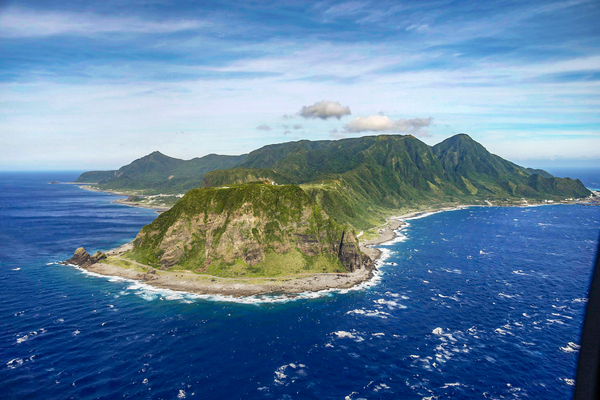Incredible natural beauty. Primordial landscape. Animals and plants are endemic. All this can be found on Orchid Island. It is also known as Lanyu.

Historical island perspective
The Orchid area was named after the flower of the same name – the orchid. Plants organized a comprehensive cover over most of the locations. We must not forget about the volcanic landscapes and rock formations. Such species cannot be found anywhere else on the planet.
The location rises above the Pacific Ocean. 65 kilometers off the coast of southeastern Taiwan. 65 kilometers from Taiwan and you are in paradise.
The birth of the nuclear challenge
No nuclear elements. Such slogans are hung all over Orchid island today. From where could they appear on a picturesque piece of land with pristine nature?
The problem began in the late 1970s. It was a request from Taipower to the local authorities. The request was to obtain permission to build the structure. The building was a cannery.
The pretext was to create many jobs. Local authorities were persuaded and signed contracts. It didn’t take much time. After construction and commissioning, local residents quickly guessed the actual purpose.
Exposure to company reports and angry responses
Local authorities and residents of the Orchid island were in complete shock. The company’s activity reports were made available to the public. The reports showed the state of affairs.
The cannery served as a front. In fact, Taipower used the area as a dumping ground for nuclear waste from Taiwan. For the first time, atomic waste arrived there already in the early 1980s. When the documents exposed the nature of the activity, there were already more than 150 barrels of radioactive resources at the location.
A scandalous decision from Taipower
Taipower immediately began to pacify the aggression of the indigenous people of Orchid Island. Biznes proposed a 50-year program to store radioactive materials at the site of the so-called plant. After the plans were the release of resources into the Pacific Ocean. The plan was not destined to materialize.
The ratification of the London Convention became a hindrance. The convention prohibited the release of nuclear elements into world waters.
